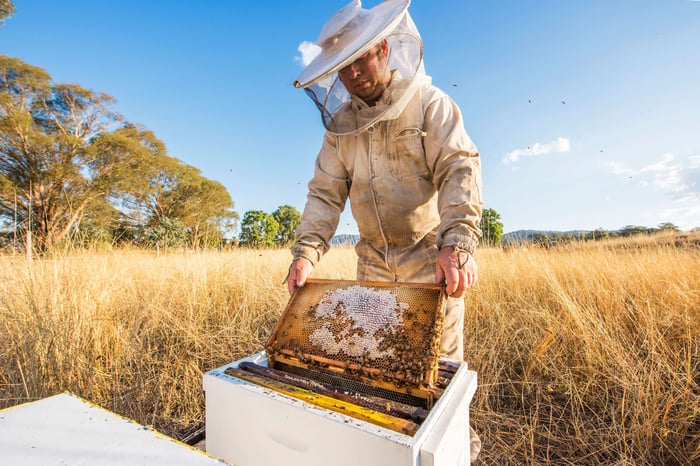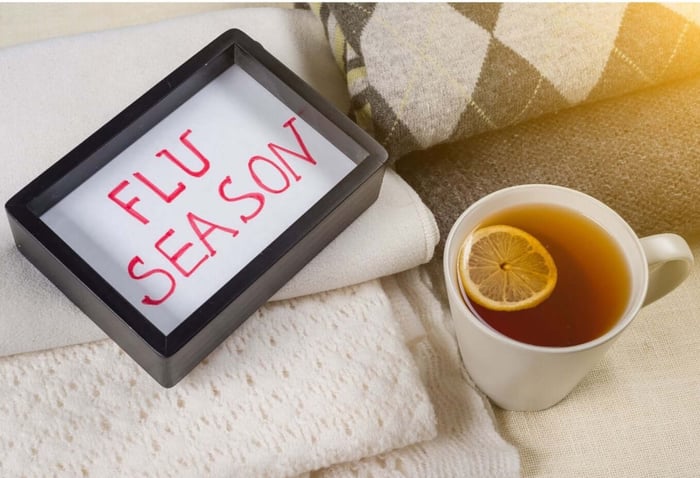IT’S NATIONAL HONEY MONTH! WE ARE WORKING WITH GLORY BEE TO HELP SAVE THE BEES.
Without insect pollination, about one third of the crops we eat would have to be pollinated by other means, or they would produce significantly less food. Up to 75% of our crops would suffer some decrease in productivity. Undoubtedly, the most nutritious and interesting crops in our diet (including many key fruits and vegetables), together with some crops used as fodder in meat and dairy production, would be badly affected by a decline in insect pollinators. This is why we need to do anything we can to help our bees. Below are easy options to help #savethebees
· Help protect the bees on a piece of land you manage, your garden, the backyard of your company or your rooftop! Any little bit helps our bees.
· Do not use any pesticides, fungicides or herbicides on plants or in your garden. Plants get contaminated and the product will likely reach the bees and kill them. Make sure the plants you buy are not pre-treated with neonics pesticides!
Avoid honey sold in bulk or in the supermarket unless you are sure of its provenance and quality. It’s best to buy from a beekeeper or a company that works closely with beekeepers (like us!)
· Avoid planting lawns. Lawns are literally desert for insects and for wild plants because lawns usually never have plants beneficial to bees and are cut too often so plants never get to bloom. Instead, leave it alone or plant garden friendly plants and flowers.
Do not weed your garden. Many plants like dandelion, for example, are an excellent source of food for bees. In early spring, those “weeds” are often the only source of food for beneficial insects. Lots of those weeds are often excellent food and medicine for us too!
Even if you just have a small balcony you can install a little water basin for the bees to drink during the warm days of summer. Put a few stones and floating cork on the water so bees don’t drown!
· Stay connected with us on social media so you can stay informed and learn new bee facts!
· Educate yourself and your children about bees. Bees are not dangerous; they forage on flowers and don’t attack humans. By better understanding them we will learn to better respect them.
· If the buzz gets to you, learn how to become a beekeeper and install a hive or bee hotel in your garden. It’s a powerful way to give honey bees a home and probably the best local honey you will ever get!
We hope this gives you some good ideas on how to #SaveTheBees

WE HAVE PARTNERED WITH GLORY BEE TO HELP SAVE THE BEES!
We recognize that Manuka Honey is special and in its own realm in the honey world, and we appreciate the opportunity to get our SAVE the BEE message and image out in the world on PRI products. We understand that PRI is supporting research and preservation efforts in New Zealand, and want your US customers to know that you are helping honey bees at home too. Together, we can draw attention to the plight of our honey bees, raise funds for research and give PRI some visible kudos for helping the cause.
GloryBee launched the SAVE the BEE initiative in 2012, partnering with Oregon State University Honey Bee Lab to increase public awareness of the role honeybees play in a healthy food supply and to provide “best practices” education for beekeepers and farmers. Creative partnerships with other food businesses have really helped us to up our fundraising game and offer critical support to OSU’s research on the cause of declining bee populations and solutions to enhance colony health.
We are excited to report that SAVE the BEE has raised $518,600 to date. GloryBee staff administer the program, meaning 100% of funds raised go to the cause. The OSU team’s research results have helped formulate best management practices for beekeepers and farmers (growing blueberries and carrot seed) which have decreased colony loss by 15% and saved Oregon’s commercial beekeepers $5 million in 2018 alone. SAVE the BEE has also funded three nonprofits working with Pacific Northwest farmers to plant additional pollinator forage crops, find alternatives to pesticides, and pass legislation to restrict pesticide use.
Read more about how you can save the bees on Glory Bee & NewYorkBeeSanctuary





